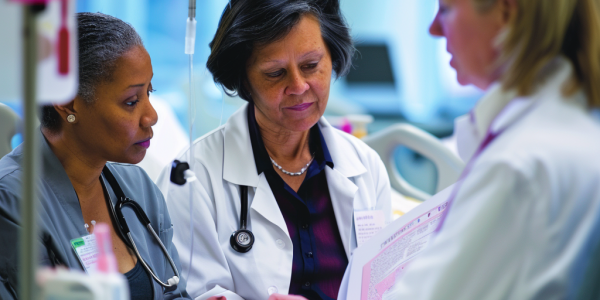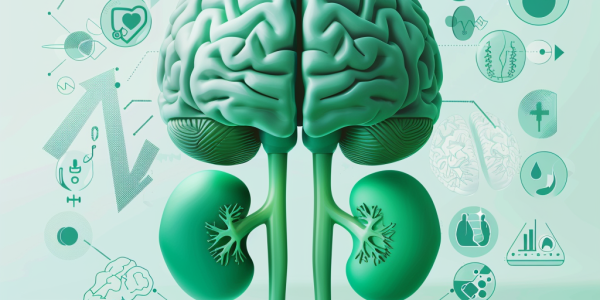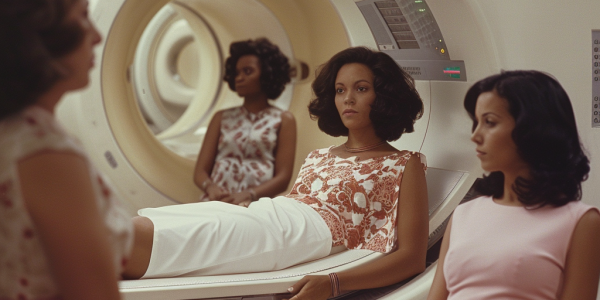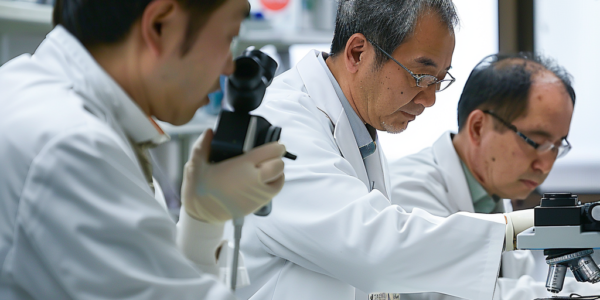SARAH Trial Reveals Heart Failure Drug’s Promise in Reducing Cancer Treatment Risks
A recent study presented at the 2024 AHA Scientific Sessions revealed that sacubitril/valsartan can significantly reduce the risk of cardiomyopathy in cancer patients undergoing anthracycline chemotherapy, with a remarkable 77% reduction noted in the SARAH trial. This research highlights the importance of protecting heart health in high-risk cancer patients, paving the way for safer treatment protocols and improved patient outcomes.
Link Between Kidney Disease and Increased Stroke Risk Revealed
Recent studies reveal a concerning link between kidney problems and increased stroke risk, highlighting that chronic kidney disease (CKD) significantly raises the likelihood of strokes. Experts emphasize the importance of managing metabolic risk factors like hypertension and obesity to mitigate this risk. Proactive lifestyle changes can lead to better health outcomes for those affected by CKD and metabolic syndrome.
Revolutionary Heart Failure Sensor Implanted in First Irish Patient
University Hospital Galway (UHG) has successfully conducted a groundbreaking medical procedure on Sheila Concannon, the first patient in Ireland to receive an innovative heart failure sensor. This cutting-edge device aims to revolutionize the monitoring and treatment of heart failure patients, offering new hope for improved outcomes and quality of life. Prof Faisal Sharif led the clinical trial, showcasing the potential of this technology to reduce hospitalizations and enhance patient care in Ireland.
MRI Scans Offer More Accurate Detection of Heart Disease in Women
Learn how MRI scans may offer more accurate and early detection of heart disease in women compared to other diagnostic tools. A recent study found that MRI scans produced more precise images than invasive assessments, potentially revolutionizing the early detection of heart failure in women.
Yoga Enhances Heart Health in Heart Failure Patients
Recent research presented at the Heart Failure 2024 scientific congress of the European Society of Cardiology reveals that incorporating yoga practices, such as breathing techniques and meditation, alongside traditional medications can significantly enhance heart health and functional capacity in patients with heart failure. The study, conducted by Dr. Ajit Singh from the Indian Council of Medical Research, demonstrates the long-term benefits of yoga in improving symptoms, well-being, and heart function for individuals living with heart failure.
COVID-19 Vaccine Shows Promise in Extending Life Expectancy for Heart Failure Patients
Discover how the COVID-19 vaccine may enhance the survival prospects of heart failure patients, reducing the risk of death by 82%. Recent research presented at the Heart Failure 2024 congress in Lisbon highlights the significant benefits of vaccination, including lower rates of hospitalization and COVID-19 infection. With meticulous methodology and a large patient population, this study signals a potential paradigm shift in heart failure treatment.
Potential Health Risks of Vaping Highlighted in Recent Studies
Recent studies have raised concerns about the potential health risks of vaping, including a possible link to heart failure. The popularity of e-cigarettes among young individuals has prompted calls for greater regulation and awareness. The normalization and glamorization of vaping in public spaces has also sparked broader societal discussions. As further research unfolds, it is important to consider both the individual health implications and the cultural impact of vaping.
Study Shows COVID-19 Vaccines May Decrease Risk of Heart Failure and Blood Clots
A recent study published in Heart suggests that COVID-19 vaccines may significantly decrease the risk of heart failure and blood clots for at least six months post-infection. The study, conducted by University of Oxford investigators, analyzed electronic health records of 10.2 million vaccinated and 10.4 million unvaccinated COVID-naïve individuals from the United Kingdom, Spain, and Estonia. The research focused on the Alpha and Delta variants and included adults of all ages and those at high risk for severe COVID-19 outcomes. The study revealed a 72% reduction in the risk of venous thromboembolism (VTE) at 3 to 6 months post-COVID-19 vaccination, and emphasized the potential of COVID-19 vaccination in lowering the risk of post-COVID-19 cardiac and thromboembolic outcomes.
New Approach to Regenerative Therapy for Heart Failure
Groundbreaking research from Hokkaido University reveals a new approach to regenerative therapy for heart failure. Activating the mitochondria of regenerative cells prior to treatment significantly enhances the effectiveness of cell transplantation therapy for heart healing. The study, led by Professor Yuma Yamada, demonstrates the potential of this innovative approach to improve cardiac function and suppress myocardial fibrosis.
Groundbreaking Study Reveals Potential for Self-Repair and Regeneration in the Human Heart
Groundbreaking study published in Nature Cardiovascular Research reveals potential for human heart self-repair and regeneration, offering hope for paradigm shift in regenerative medicine. Research challenges existing paradigm, suggesting targeting microenvironment rather than specific cell type is instrumental in healing the injured heart.










